Presentation:
crocodiles-antiquated-gatekeepers-of-wetland-miracles In the baffling domains of wetlands and marshes, where old biological systems prosper, the croc rules as an imposing and famous hunter. Go along with us on an excursion into the entrancing universe of crocodiles, investigating their ancient heredity, staggering variations, and the fundamental jobs they play in keeping up with the fragile equilibrium of sea-going environments.Crocodiles: Antiquated Gatekeepers of Wetland Miracles”
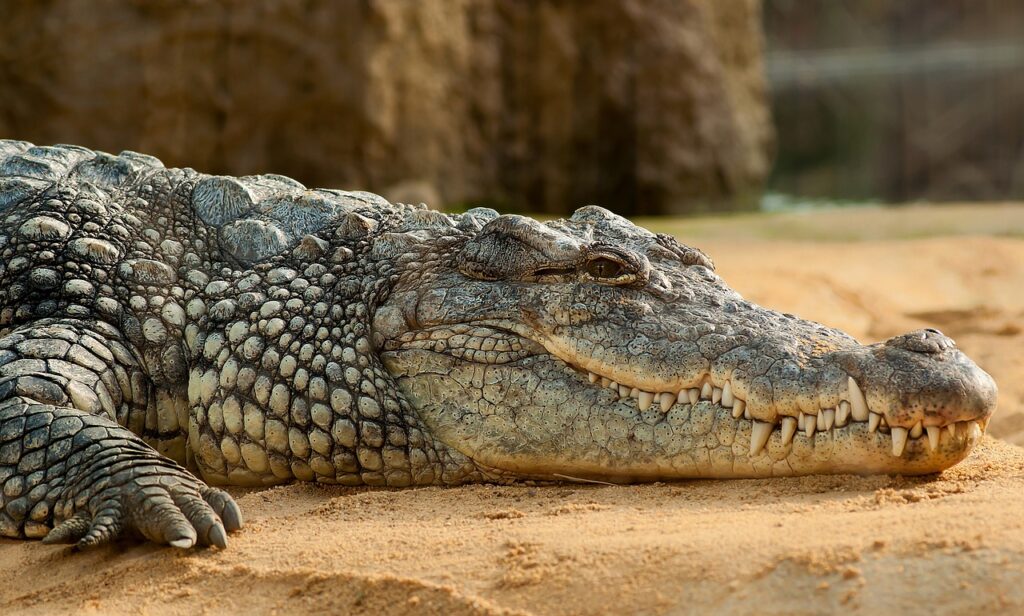
Living Fossils in Present day Waters
crocodiles-antiquated-gatekeepers-of-wetland-miracles Meet the gator, a living remnant from the period of dinosaurs that has adjusted and flourished in contemporary wetland conditions. Dig into the different types of crocodiles, from the American gator to the Chinese croc, each adding to the rich woven artwork of reptilian biodiversity.
Jaws of Force: The Impressive Life structures of Crocs
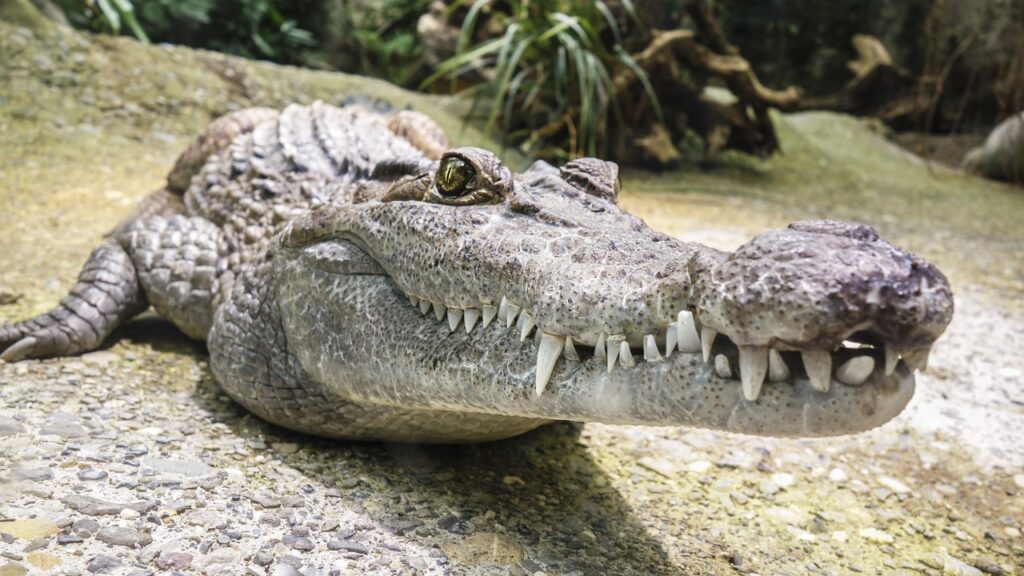
Investigate the sensational life structures of crocs, from their strong jaws and well honed teeth to their defensively covered scales and solid tails. Reveal the variations that make crocs dominant hunters, impeccably appropriate for life in amphibian environments.
Crocodile Ways of life: Experts of Wetland Variation
Jump into the way of life of gators, exhibiting their outstanding versatility to wetland territories. Investigate their luxuriating ways of behaving, the craft of covert hunting, and the entrancing ways they manage internal heat level in their dynamic sea-going conditions.
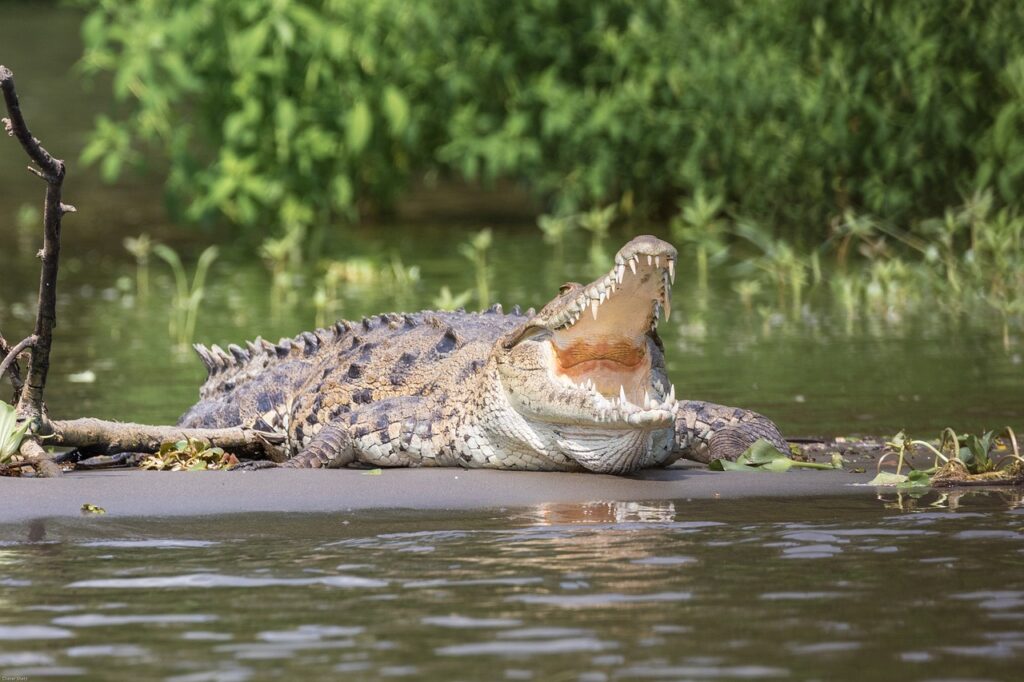
Crocodile Generation: Antiquated Ceremonies in Present day Marshes
Divulge the antiquated regenerative ceremonies of crocodiles, from romance showcases to settling propensities. Investigate the mind boggling maternal consideration displayed by female gators, underlining the significance of these ways of behaving in guaranteeing the endurance of their posterity.crocodiles-antiquated-gatekeepers-of-wetland-miracles
Predatory Specialists: Crocodile Taking care of Crazes
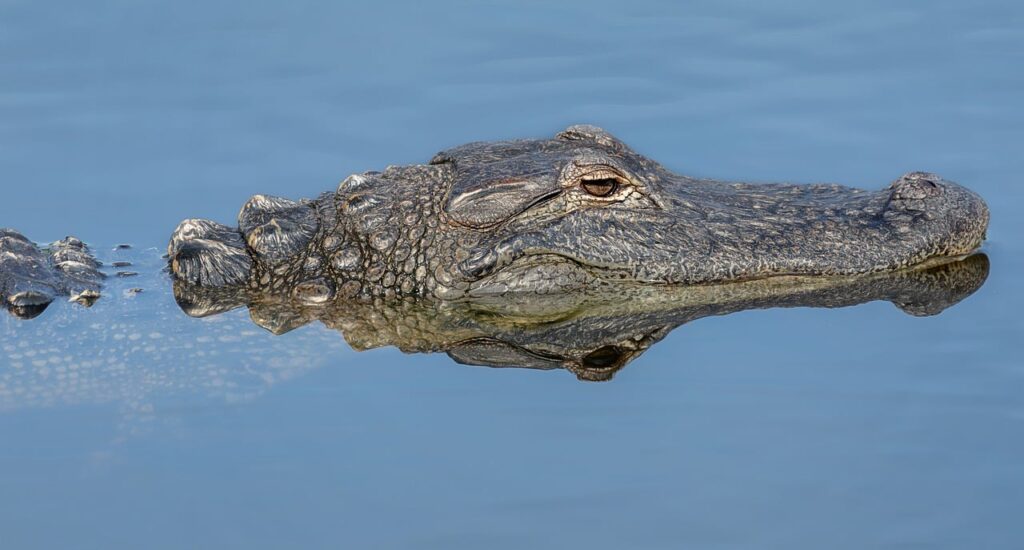
Investigate the predatory propensities for crocodiles, featuring their different eating routine going from fish and turtles to birds and warm blooded creatures. Dive into the taking care of systems that exhibit their artful hunting ways of behaving and their job as dominant hunters in wetland environments.
Gators and Crocodiles: A Story of Old Competition
Analyze the interesting attributes that recognize gators from their direct relations, crocodiles. Investigate the geological dissemination of these dominant hunters and the conjunction procedures that have advanced more than huge number of years.
Human-Crocodile Associations: Exploring Concurrence
Address the intricacies of human-crocodile associations, underscoring the significance of mindful conduct in shared living spaces. Investigate protection drives and public mindfulness crusades pointed toward encouraging concurrence and saving the living spaces pivotal for croc endurance.
Protection Difficulties: Shielding Crocodiles in Changing Scenes
Dig into the preservation challenges looked by crocodiles, including environment misfortune, contamination, and the unlawful untamed life exchange. Investigate the endeavors attempted to safeguard and ration gator populaces, guaranteeing their proceeded with presence as watchmen of wetland ponders.crocodiles-antiquated-gatekeepers-of-wetland-miracles
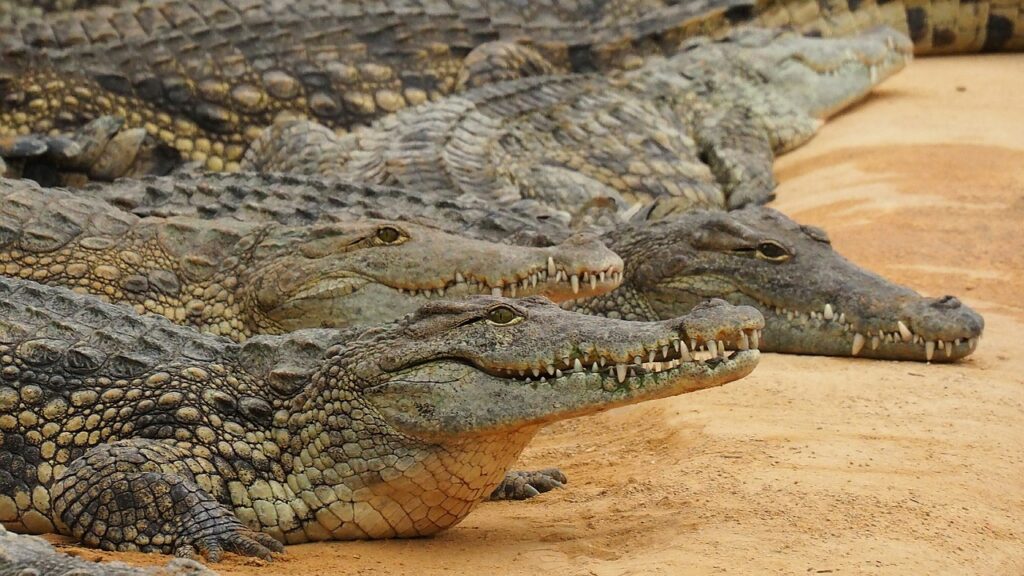
End:
As we close our investigation of gators, let us wonder about these antiquated gatekeepers of wetlands, representing versatility, transformation, and the multifaceted dance of life in sea-going biological systems. Through figuring out, regard, and devoted protection endeavors, we can guarantee that gators keep on flourishing, encapsulating the persevering through tradition of ancient marvels in our advanced world.

1. Where do crocodiles live?
Crocodiles are tracked down in tropical and subtropical districts from one side of the world to the other. They polish off freshwater living spaces like streams, lakes, wetlands, and now and again saline water. Two or three animal get-togethers, similar to the saltwater crocodile, can likewise be found in waterfront regions and mangrove swamps.
2. What do crocodiles eat?
Crocodiles are savage and have an eating plan that coordinates fish, birds, vertebrates, and every so often different reptiles. They are initiating feeders and will eat nearly anything they can get, including remains. More noteworthy crocodiles can chop down sizable prey like wildebeest and zebras.
3. How risky are crocodiles to humans?
Crocodiles are thought of as altogether dangerous to people, especially species like the Nile crocodile and saltwater crocodile. They are strong trackers with solid jaws and a mystery hunting style. Assaults on people are a significant part of the time considering nearby watchman or worked up character.
4. How tremendous do crocodiles get?
The size of a crocodile changes by animal social events. The saltwater crocodile is the best, with people making an appearance at lengths of up to 7 meters (23 feet) and loads in excess of 1,000 kilograms (2,200 pounds). The Nile crocodile can grow up to 6 meters (20 feet) in length. Additional unpretentious species, similar to the minor crocodile, appear at around 1.5 meters (5 feet) long.
5. What is the confirmation status of crocodiles?
The protection status of crocodiles contrasts by species. While explicit species, similar to the American crocodile, are recorded as Defenseless or Imperiled because of environment difficulty and poaching, others, similar to the saltwater crocodile, have stable masses. Preservation endeavors merge environment security, taking steps to poaching measures, and OK association rehearses.
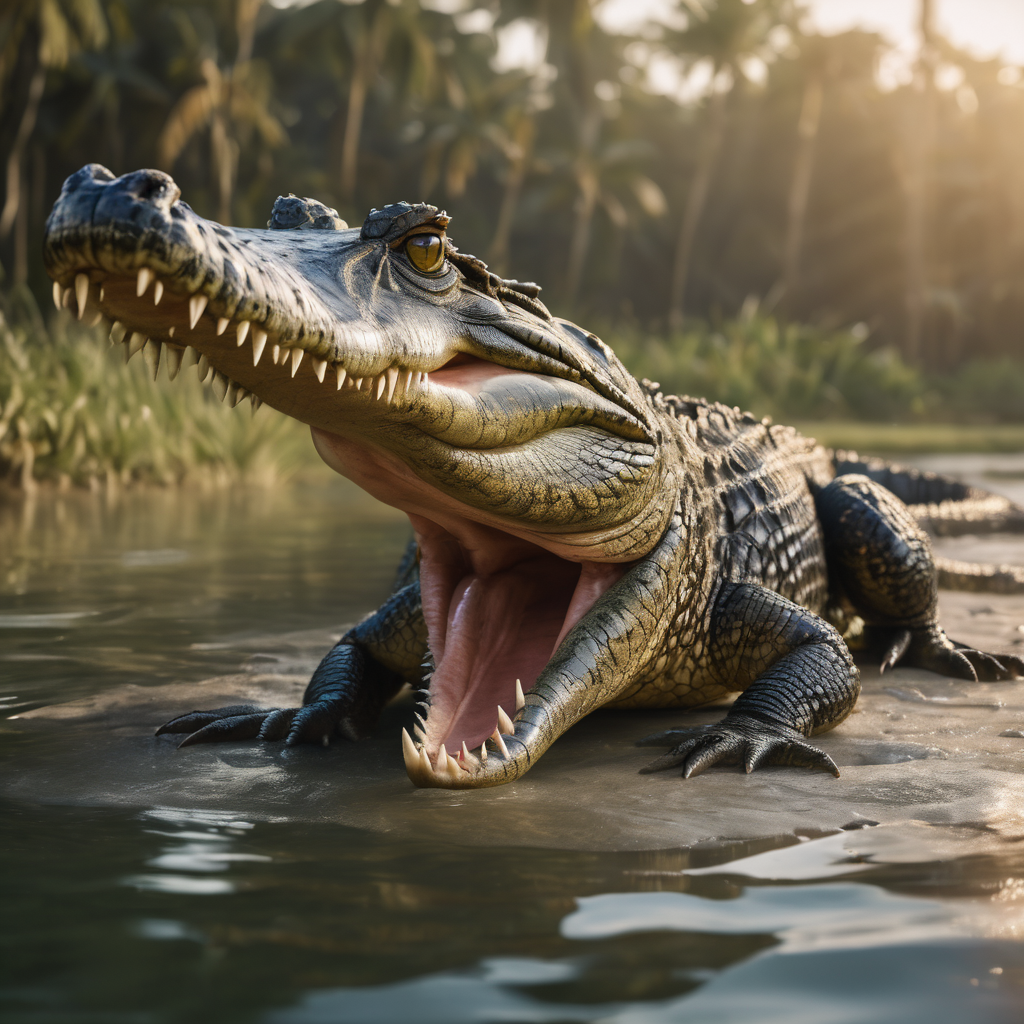

[…] crocodiles have an alternate eating routine that changes as they create. Young adult crocodiles basically feed on little prey, similar to bugs, animals of land and water, and little fish. As they […]
Your point of view caught my eye and was very interesting. Thanks. I have a question for you.
Can you be more specific about the content of your article? After reading it, I still have some doubts. Hope you can help me.
Your point of view caught my eye and was very interesting. Thanks. I have a question for you.